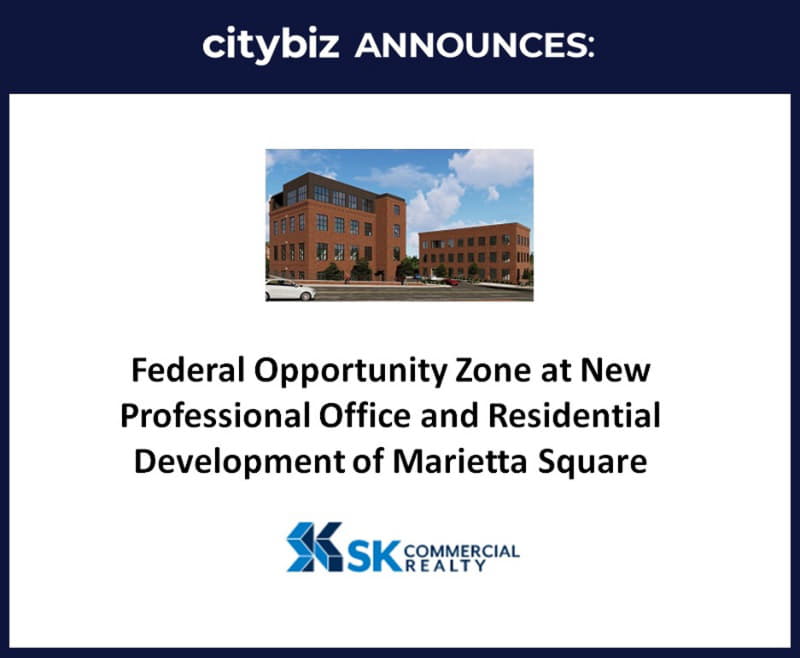
IMAGE SOURCE: GETTY IMAGES.
The Affordable Care Act as we know it could be on its last legs.
The ACA, which is more commonly known as Obamacare, transformed the entire process of purchasing health insurance and receiving medical care for tens of millions of Americans. Despite pushing the uninsured rate below 9%, a better than 7% drop since Obamacare was first implemented in full as of Jan. 1, 2014, according to the Centers for Disease Control and Prevention, Obamacare has drawn a laundry list of criticisms.
Summing up Obamacare's shortcomings
For example, in the upcoming year the average benchmark plan (the second lowest-cost "silver" plan) across the more than three dozen states covered by HealthCare.gov is slated to rise by 25%. Although a good six in seven enrollees in HealthCare.gov is protected by the Advanced Premium Tax Credit from feeling the brunt of these increases, middle-class Americans are finding the act of purchasing health insurance increasingly unaffordable.
Insurers are also quick to gripe about Obamacare. UnitedHealth Group (NYSE:UNH) is estimating aggregate losses of nearly $1 billion from its ACA plans between 2015 and 2016, which was the impetus that led the nation's largest health insurer to reduce its coverage to just three states in 2017, from 34 this year. Aetna (NYSE:AET) and Humana (NYSE:HUM) weren't far behind, with each insurance giant reducing its county-based offerings in 2017 by almost 70% and nearly 90%, respectively. Aetna and Humana had pledged to expand their ACA coverage if their merger was approved, but federal regulators put the kibosh on a combination, suggesting that it would unfavorably reduce competition.

IMAGE SOURCE: GETTY IMAGES.
The risk-corridor program also failed to live up to its billing. The risk corridor was to be funded by overly profitable ACA insurers. It would then distribute its funds to ACA insurers experiencing excessive losses because they'd priced their premiums too low. The idea of the risk corridor was to encourage competition and give new entrants a year or two to get their premium pricing on track. Unfortunately, just $362 million of the $2.87 billion that was requested by money-losing insurers was paid out, leading to about three-quarters of Obamacare's approved healthcare cooperatives to close their doors over the past year. Healthcare co-ops offer low-cost insurance options that could be sorely missed by middle-class Americans.
Lastly, the shared responsibility payment (SRP) hasn't worked as planned. The SRP is the penalty consumers pay for not purchasing health insurance. In 2016 it's the greater of $695 or 2.5% of your modified adjusted gross income. The Kaiser Family Foundation has estimated the average household SRP for 2016 at $969. This might sound like a lot, but it's still a far cry from the $2,400 to $3,600 most Americans have to pay in annual premiums for even the cheapest "bronze" plans in their state. Even with tax deductions, it's often cheaper for healthier adults (which are vital for insurers to turn a profit) to remain on the sidelines and pay the penalty.
This Trump appointment signals the end of Obamacare is near
With President-elect Donald Trump less than two months away from heading into the Oval Office, and Republicans maintaining control of both houses of Congress, Obamacare's future looks murky at best. Trump regularly touted during his campaign that he would repeal and replace Obamacare within his first 100 days in office. Now, with Trump making his Department of Health and Human Services nomination known, the potential for a dismantling of Obamacare seems virtually assured.

REP. TOM PRICE (R-GA.), LEFT. IMAGE SOURCE: FLICKR USER ACUCONSERVATIVE.
Earlier this week, Trump selected Georgia Republican Tom Price to head the HHS. Price has long been a critical opponent of Obamacare and in many instances has worked very closely with Paul Ryan and other Republican leaders in formulating budgets. Price was also one of the many names involved in crafting the "Better Way" legislation that would have offered a broad array of healthcare reforms for Medicare and healthcare as a whole.
Last week, Price noted that any changes to Obamacare would bear a "significant resemblance" to the legislation the Republican Congress sent to President Obama's desk (which was vetoed in January). That legislation wouldn't have completely repealed Obamacare, but it would have essentially neutered the budgetary components of the law that have allowed it to successfully lower the uninsured rate.
The reconciliation Act presented to Obama would have removed the SRP, eliminated the medical-device excise tax, and ended the Advanced Premium Tax Credit and cost-sharing reductions that made premiums and ancillary fees, such as copays, coinsurance, and deductibles, more affordable for lower-income individuals and families. It would also have ended the Medicaid expansion that 31 states have taken advantage of. The ACA laws governing how insurers operate would have remained in place.

IMAGE SOURCE: GETTY IMAGES.
While Price is an ardent opponent of Obamacare, he's also mentioned two things that could help ease the concerns of some Obamacare enrollees who fear losing their health coverage. First, the reconciliation sent to Obama's desk wouldn't have cut the cord on Obamacare on the spot. Any bill passed by Congress and signed by Trump is likely to have a delayed or phased-in implementation. This should give consumers ample time to prepare for a likely transition away from Obamacare.
Secondly, Price has also insisted that certain provisions of Obamacare can be kept without requiring consumers to pay a penalty for not enrolling. For example, Trump, after meeting with President Obama, suggested that he liked the idea of keeping two ACA provisions: the ability for children under age 26 to stay on their parents' plan, and the mandate requiring insurers to accept people with pre-existing conditions. Price believes these provisions can be kept without any individual market penalties.
Based on his past battles, it appears that Price's focus as the head of the HHS will be to combat lawsuits against medical professionals and the regulatory burden on the sector. He believes these factors, and not sicker patients, is the root cause of higher medical costs.
While nothing is a certainty when it comes to politics, it's looking as if the cards are increasingly stacked against Obamacare's survival in its current form.
Trump's potential $1.6 trillion investment
We aren't politicos here at The Motley Fool. But we know a great investing opportunity when we see one.
Our analysts spotted what could be a $1.6 trillion opportunity lurking in Donald Trump's infrastructure plans. And given this team's superb track record (more than doubling the market over the past decade*), you don't want to miss what they found.
They've picked 11 stocks poised to profit from Trump's first 100 days as president. History has shown that getting in early on a good idea can often pay big bucks – so don't miss out on this moment.










